The EOOS Operations Committee is part of the EOOS governance representing the ocean observing implementers at national, regional and pan-European levels to help with the long-term sustainability of the ocean observing efforts in Europe and to implement EOOS progressively.
Established in 2020, the committee builds on the experience provided by EuroGOOS, relevant European Research Infrastructures and earth observation agencies, research vessel operators and network of marine stations, as well as the EuroGOOS Regional Operational Oceanographic Systems (ROOS), and task teams.
It also builds on and supports the Global Ocean Observing System (GOOS), through the GOOS National Focal Points for Europe as the principal liaison point to each nation to establish a two-way dialogue between the national implementers of ocean observing, EOOS and GOOS.
The EOOS Operations Committee key responsibilities are to:
- Provide information about relevant opportunities for EOOS
- Support the flow of information on ocean observing activities across scales
- Identify system requirements to meet user needs for sustainable ocean observing
- Support and enable the EOOS implementation plan
- Provide advice to the EOOS Steering Group about changes in the ocean observing landscape and identify actions for EOOS to further its goals and objectives
- Advocate for coordinated and integrated sustained ocean observing system
- Contribute to the mapping of infrastructure, technology and human capacity
- Identify shared priorities through the development of a work plan
- Provide advice on EOOS added value
The EOOS Operations Committee Terms of Reference are available here:
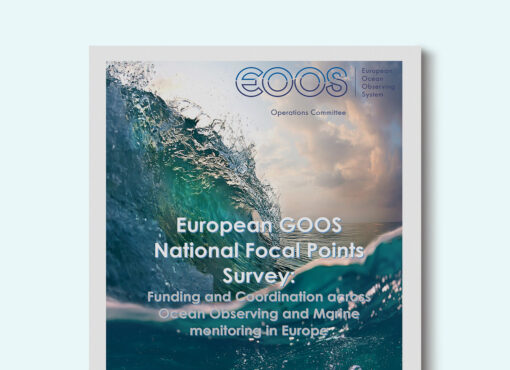
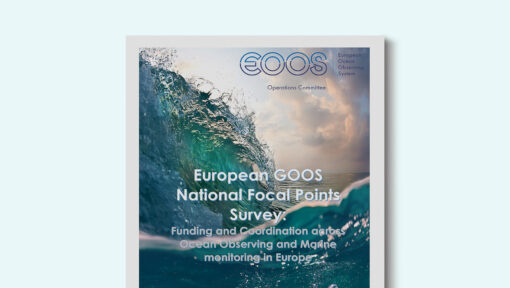
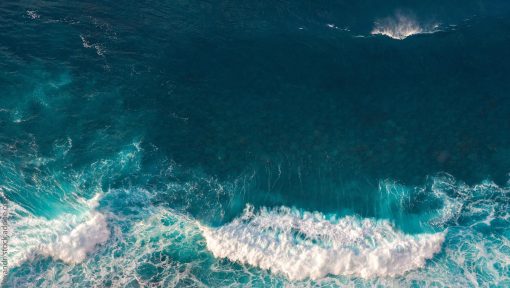 EOOS Steering Group Response to the European Ocean Act Call for Evidence
EOOS Steering Group Response to the European Ocean Act Call for Evidence
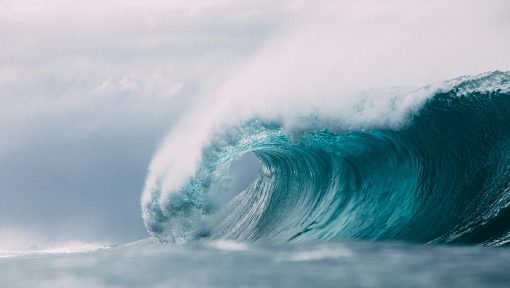 EOOS responds to the European Oceans Pact Call for Evidence
EOOS responds to the European Oceans Pact Call for Evidence
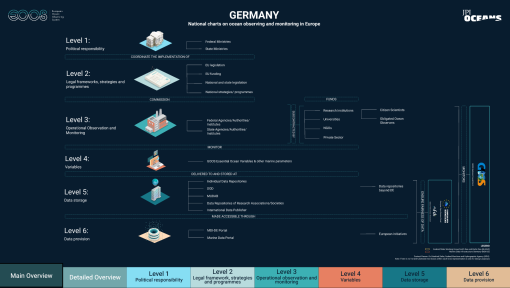 National Charts on Ocean Observing and Monitoring now available
National Charts on Ocean Observing and Monitoring now available